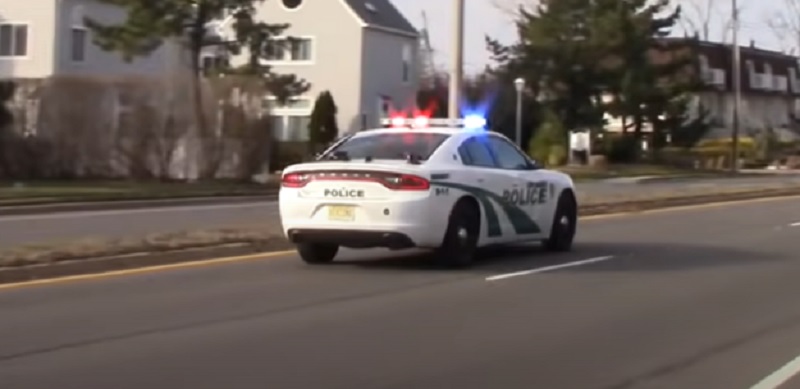
When a physician is found to have abused a patient, or an attorney is prosecuted for stealing from a client’s trust fund, or a network morning news show host is fired for sexually harassing female subordinates, we don’t see everyone in those professions scrambling to say they are sorry for the actions of their colleagues. Even though law enforcement is represented by over 18,000 independent police agencies comprised of at least 750,000 individual police officers, contacting an estimated 62 million citizens every year, “The Police” somehow becomes a monolithic institution when it comes to blaming officer misconduct.
The federal Bureau of Justice Statistics affirms that whites are more frequently contacted by police than any other group by race, with no significant difference in the percentage among blacks and whites who experience police contacts. Admittedly a slightly higher percentage of black citizens (2% to be precise) experience non-deadly use of force or being handcuffed during a contact, and that within the mere 3% of all contacts where such force was used. Routine handcuffing was the most frequently reported use of force. Having a gun pointed at a citizen during a contact was reported by fewer than 1% of persons during a police encounter.
In a report from the U.S. Department of Justice Programs that cited a study of representative police agencies’ use of force in arrests as reported by both officers and arrested persons, the data showed that 95% of arrests involved no display of a weapon by police. The study also showed that 85% of arrests involved no use of force tactic at all other than handcuffing. Officers used no more than a conversational tone in over 66% of arrests and shouted or cursed in fewer than 2%.
When police officers and police leaders make the well-worn statement that police misconduct represents an extremely small portion of the professionals working in law enforcement, they are not making a blanket defense to protect their own pride and reputation. They are speaking truth.
The attack on Memphis, TN resident Tyre Nichols by a handful of Memphis PD officers represents in no way the training, ethics, and procedures of the law enforcement profession. While citizens must always be careful to urge people to withhold judgment until all the facts are in, the video and swift initial findings of the incident’s investigation seem to leave little room for justification of anything but the charges that those officers are facing.
The media was at a bit of a disadvantage in this incident because of the exaggerated narratives they have applied to other high-profile violent encounters. Critics are giddy in claiming systemic racism of all cops and are careful to identify the races of the officer and offender, even if they have to stretch the definitions of race to get the right category of hate in their so-called analysis. The fact that the Memphis officers were black like Nichols required that the narrative had to shift to “it really doesn’t matter” since all cops are racist because of the badge, not their pigmentation.
The other problem the media had with covering this terrible crime is their use of the word “beating”. For once this term seems to be an accurate label for the way Nichols was treated long after any possible lawful use of force was applied. According to many reporters, the word “beating” applies to any struggle or arrest tactic used to take lawful custody of a violently resisting suspect. The hyperbole used in reporting justifiable force has taken away the impact that the word “beating” should rightfully have in real cases of abuse such as this one.
In one twisted way the questions and accusations of critics and normally supportive citizens over high profile incidents such as this show the unity of law enforcement in the minds of the public they serve. That’s not necessarily a bad thing. Law enforcement officers do want to unite in common goals of maintaining peace and protecting the innocent from the predatory violence of lawbreakers. One thing they are united about right now is the condemnation of unforgivable violence by those few Memphis officers who struck blows to everyone behind the badge, wounding the confidence of those who need quality law enforcement the most.